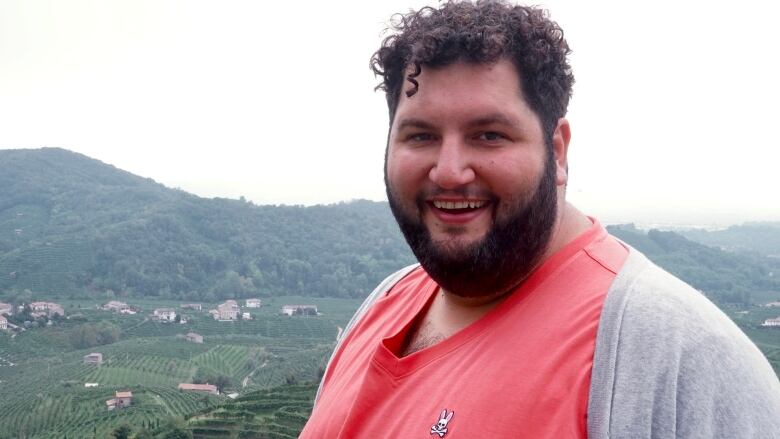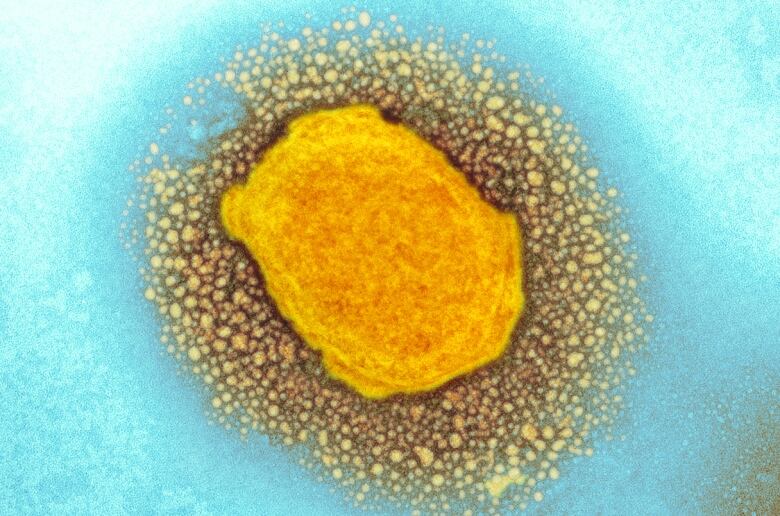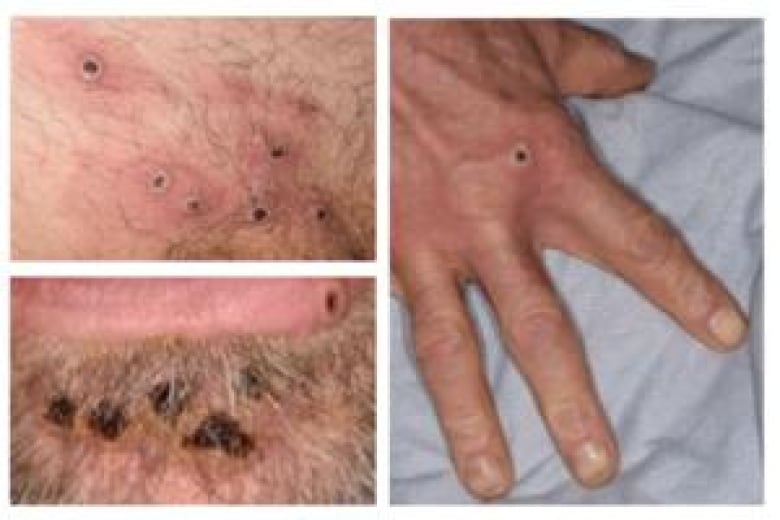Newfoundland man flies to Quebec for monkeypox vaccine, wants more protection for N.L.'s LGBT community
Public Health offering vaccine only to high-risk exposures to probable or confirmed cases

There are no known monkeypox cases in Newfoundland and Labrador, but a Portugal Cove-St. Philip's man recently flew to Quebec to get vaccinated and says the provincial governmentneeds to do moreto protect the province's LGBTQ community against the disease.
Cases of the virus have been identified in men who have sex with men, although its spread isnot limited to the LGBT community, andGosine tried to get a smallpox vaccine, which offers some protection from monkeypox, in both Newfoundland and Nova Scotia where he also spends time but came up empty-handed.
Gosine said monkeypox is a topic of conversation among his friends.
"There's definitely a feeling of worry. It's clear that we have a history with epidemics and if we have one that has a pretty efficient solution, we're very inclined to take it," Gosine told CBC News on Thursday.
Gosine said he quickly and easily got the vaccine July 12 in Montreal, where he was eligible to receive it.

He said he believes it's only a matter of time before the virus spreads to Newfoundland and Labrador and he would like to see vulnerable communities have protection they need.
"Why are we being sitting ducks? Why aren't we having proactive health care?" he said.
Canada reported a total of 604 cases of monkeypox since May on Wednesday, with more than 90 per cent of the cases in Ontario and Quebec.
Monkeypox has now spread to 65 countries where it has not been historically reported, according to the U.S. Centers for Disease Control and Prevention. As of Wednesday, more than 15,000 cases had been reported in those countries since January.
In Newfoundland and Labrador, the shot is reserved for people who are high-risk exposures to probable or confirmed cases.
In a statement, the province's Public Health division saidit is following the National Advisory Committee on Immunization recommendations on administering Imvamune, a smallpox vaccine that offers some protection from monkeypox.
"Our province has a limited supply of Imvamune, which will be offered to asymptomatic individuals with high-risk exposures to a probable or confirmed case of monkeypox," reads the statement.

The province said it is notcurrently offering the vaccine to the general public but if the epidemiology or vaccine supply changes they will advise residents of any updates.
The Health Department also said it is creating dedicated monkeypox website thatshould be online soon.
Monkeypox spreads through direct contact with bodily fluids or lesions of infected animals or people and through respiratory droplets from an infected person, according to a statement from the provincial Health Department.
Symptoms include fever, headache, swollen lymph nodes, and lethargy, followed by the development of a rash.
The virus can take anywhere from six to 21 days to incubate in a person's body, and people are infectious five days before the onset of therash.
With files from Jonny Hodder and The St. John's Morning Show












_(720p).jpg)


 OFFICIAL HD MUSIC VIDEO.jpg)
.jpg)



























































































